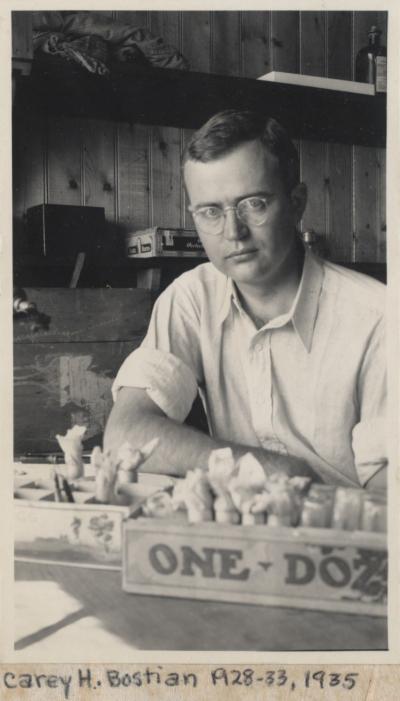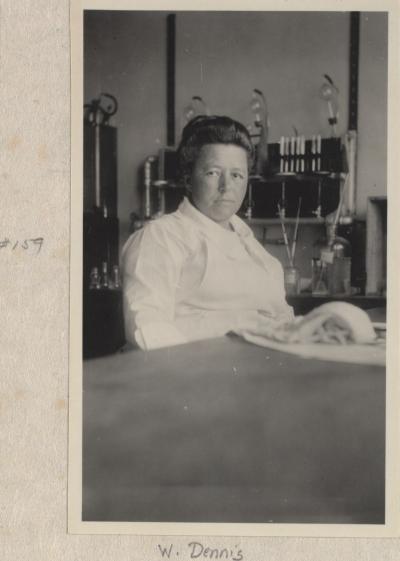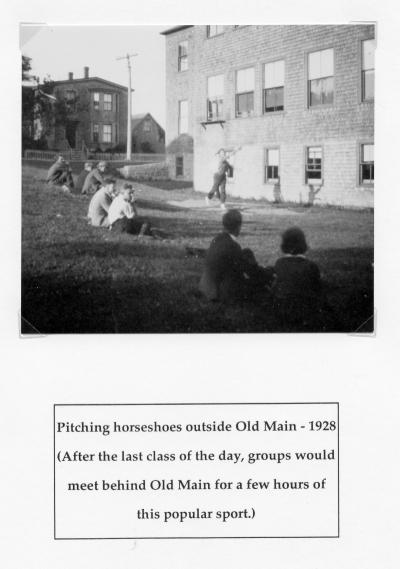Filtering by
- All Subjects: People



Leonard Hayflick studied the processes by which cells age during the twentieth and twenty-first centuries in the United States. In 1961 at the Wistar Institute in the US, Hayflick researched a phenomenon later called the Hayflick Limit, or the claim that normal human cells can only divide forty to sixty times before they cannot divide any further. Researchers later found that the cause of the Hayflick Limit is the shortening of telomeres, or portions of DNA at the ends of chromosomes that slowly degrade as cells replicate. Hayflick used his research on normal embryonic cells to develop a vaccine for polio, and from HayflickÕs published directions, scientists developed vaccines for rubella, rabies, adenovirus, measles, chickenpox and shingles.

Although best known for his work with the fruit fly, for which he earned a Nobel Prize and the title "The Father of Genetics," Thomas Hunt Morgan's contributions to biology reach far beyond genetics. His research explored questions in embryology, regeneration, evolution, and heredity, using a variety of approaches.





